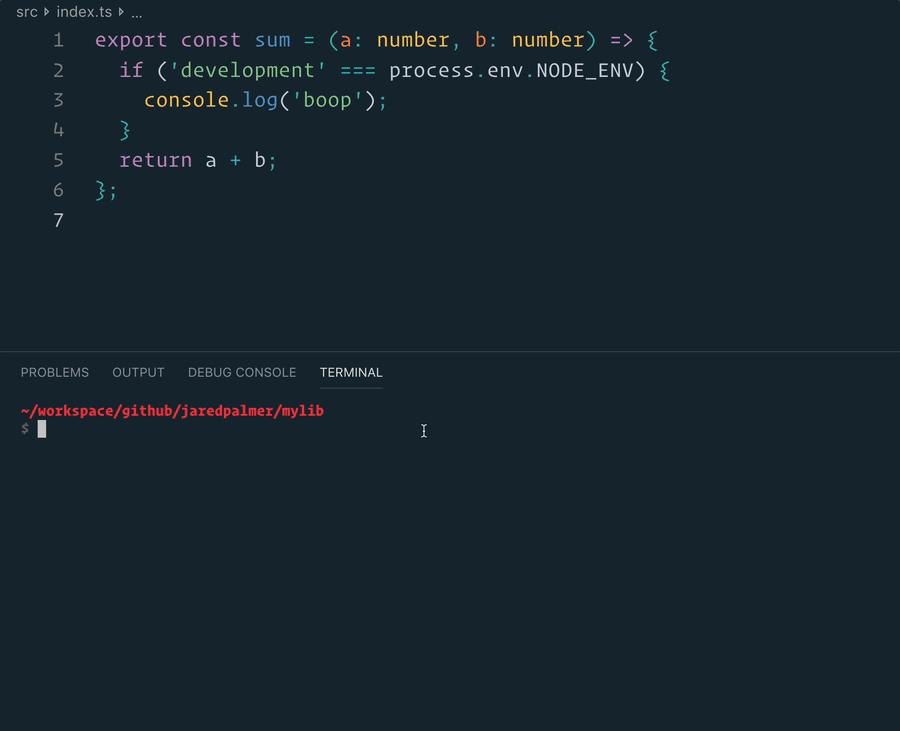
Research
Security News
Quasar RAT Disguised as an npm Package for Detecting Vulnerabilities in Ethereum Smart Contracts
Socket researchers uncover a malicious npm package posing as a tool for detecting vulnerabilities in Etherium smart contracts.
apollo-server-next
Advanced tools
This project was bootstrapped with [TSDX](https://github.com/jaredpalmer/tsdx).
This project was bootstrapped with TSDX.
Below is a list of commands you will probably find useful.
npm start or yarn startRuns the project in development/watch mode. Your project will be rebuilt upon changes. TSDX has a special logger for you convenience. Error messages are pretty printed and formatted for compatibility VS Code's Problems tab.

Your library will be rebuilt if you make edits.
npm run build or yarn buildBundles the package to the dist folder.
The package is optimized and bundled with Rollup into multiple formats (CommonJS, UMD, and ES Module).

npm test or yarn testRuns the test watcher (Jest) in an interactive mode. By default, runs tests related to files changed since the last commit.
FAQs
This project was bootstrapped with [TSDX](https://github.com/jaredpalmer/tsdx).
The npm package apollo-server-next receives a total of 1 weekly downloads. As such, apollo-server-next popularity was classified as not popular.
We found that apollo-server-next demonstrated a not healthy version release cadence and project activity because the last version was released a year ago. It has 1 open source maintainer collaborating on the project.
Did you know?

Socket for GitHub automatically highlights issues in each pull request and monitors the health of all your open source dependencies. Discover the contents of your packages and block harmful activity before you install or update your dependencies.

Research
Security News
Socket researchers uncover a malicious npm package posing as a tool for detecting vulnerabilities in Etherium smart contracts.

Security News
Research
A supply chain attack on Rspack's npm packages injected cryptomining malware, potentially impacting thousands of developers.

Research
Security News
Socket researchers discovered a malware campaign on npm delivering the Skuld infostealer via typosquatted packages, exposing sensitive data.